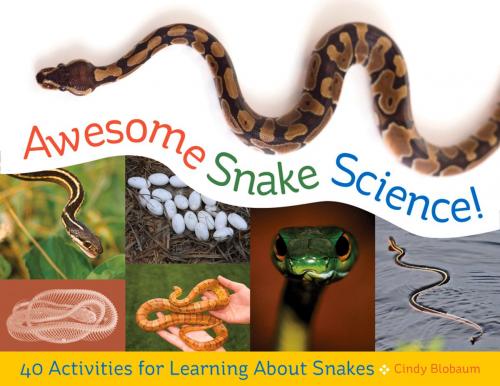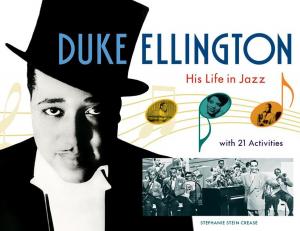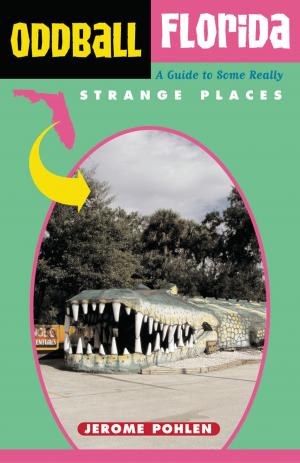Awesome Snake Science!
40 Activities for Learning About Snakes
Kids, Natural World, Biology, Animals, Reptiles and Amphibians| Author: | Cindy Blobaum | ISBN: | 9781613743195 |
| Publisher: | Chicago Review Press | Publication: | July 1, 2012 |
| Imprint: | Chicago Review Press | Language: | English |
| Author: | Cindy Blobaum |
| ISBN: | 9781613743195 |
| Publisher: | Chicago Review Press |
| Publication: | July 1, 2012 |
| Imprint: | Chicago Review Press |
| Language: | English |
From cobras and copperheads to pythons and boas, all types of snakes are covered in this book of 40 science experiments, art projects, and games that help budding herpetologists gain a greater appreciation for these slithering reptiles. Activities include making foldable fangs to learn how snakes’ teeth and jaws work together; simulating cytotoxic snake venom while making a tasty snack using an everyday enzyme found in pineapple; and mimicking the sound a rattlesnake makes using a rubber band, a paper clip, and an envelope. Engaging, simple, and safe experiments teach kids about the biology of snakes, such as how they use their tongues and nostrils to detect smells, how they are cold-blooded and sensitive to subtle changes in temperature, and how they can detect the slightest vibrations or tremors. Kids do not need a snake for any of the activities and will delight in all the strange snake facts and gross-out projects such as Snake Stink-where they create their own signature stink and test how well it repels potential predators. Did you know . . . * Snakes do not need to be coiled to strike. They can strike from any position, even underwater! * Cobras and coachwhips are two of the few snakes that can move in a straight line forward while keeping their upper body raised off the ground. *Snake venom can actually help humans too! A blood pressure medicine was developed from the venom of a Brazilian pit viper, and over 60 other treatments have been created from snake venoms.
From cobras and copperheads to pythons and boas, all types of snakes are covered in this book of 40 science experiments, art projects, and games that help budding herpetologists gain a greater appreciation for these slithering reptiles. Activities include making foldable fangs to learn how snakes’ teeth and jaws work together; simulating cytotoxic snake venom while making a tasty snack using an everyday enzyme found in pineapple; and mimicking the sound a rattlesnake makes using a rubber band, a paper clip, and an envelope. Engaging, simple, and safe experiments teach kids about the biology of snakes, such as how they use their tongues and nostrils to detect smells, how they are cold-blooded and sensitive to subtle changes in temperature, and how they can detect the slightest vibrations or tremors. Kids do not need a snake for any of the activities and will delight in all the strange snake facts and gross-out projects such as Snake Stink-where they create their own signature stink and test how well it repels potential predators. Did you know . . . * Snakes do not need to be coiled to strike. They can strike from any position, even underwater! * Cobras and coachwhips are two of the few snakes that can move in a straight line forward while keeping their upper body raised off the ground. *Snake venom can actually help humans too! A blood pressure medicine was developed from the venom of a Brazilian pit viper, and over 60 other treatments have been created from snake venoms.















